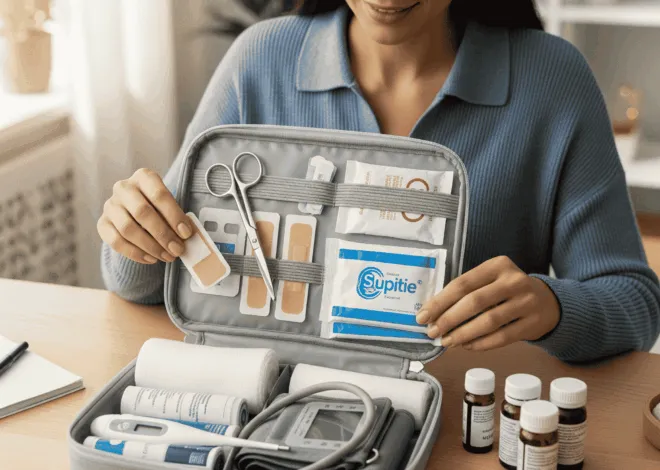Most of us have a family member, friend, coworker or acquaintance who has been diagnosed with breast cancer. These women and men need our encouragement and support. But even when people want to help, they don’t always know how. The hard part is realizing that a friend is frightened and in shock, and that ignoring the situation won’t make it go away. While a warm hug and a smile may be all it takes to lift a friend’s spirits on a bad day, there are other ways to help a friend with breast cancer get through the tougher moments.
Assure Her You’re There for Her
Let her know that you are there for her, even if you don’t know what to say. It is not uncommon to feel helpless when watching a friend go through something so scary. Whatever you do, don’t tell her that you know how she feels unless you’ve had a breast cancer diagnosis yourself. Some women find great comfort simply in sharing some quiet time with a friend who cares.
Listen and Let Her Talk
Listen when she is ready and wants to talk. Most women will eventually talk about the disease to friends they trust. Keep in mind, especially during those times when the disease or its treatments may limit her activities for awhile, that having cancer is only a small part of who your friend really is.
Accompany Her to the Doctor’s Office
Offer to go with your friend when she has a doctor appointment. When a person is feeling ill or worried, having someone along to take notes or ask questions can help improve communication between patient and doctor. Researchers at Johns Hopkins Bloomberg School of Public Health found that patients who bring someone along with them when they see their doctors are 50 percent more likely to feel that they receive adequate information from their physicians. (See References 3, page 2) Your job is to make sure that your friend understands what her doctor is telling her.
Keep Up Communication
Keep your friend from feeling alone. Whether you visit her whenever you can, or telephone and e-mail her often, keeping her connected to other people will help her to remain active and involved. Continue to do things together that will keep her grounded in everyday life. However, avoid stopping by unexpectedly, as your friend may be feeling unusually tired that day and not up to having company.
Offer Help
Drive your friend to and from chemotherapy and/or radiation treatments. Volunteer to prepare meals, run errands or help out with household tasks and childcare while your friend is undergoing treatment. She will probably be weak and more tired than usual as treatments and emotions take up more of her energy. You may also save her spouse or partner from having to take off work to drive her at a time when the family is under emotional, physical, and perhaps financial stress.





